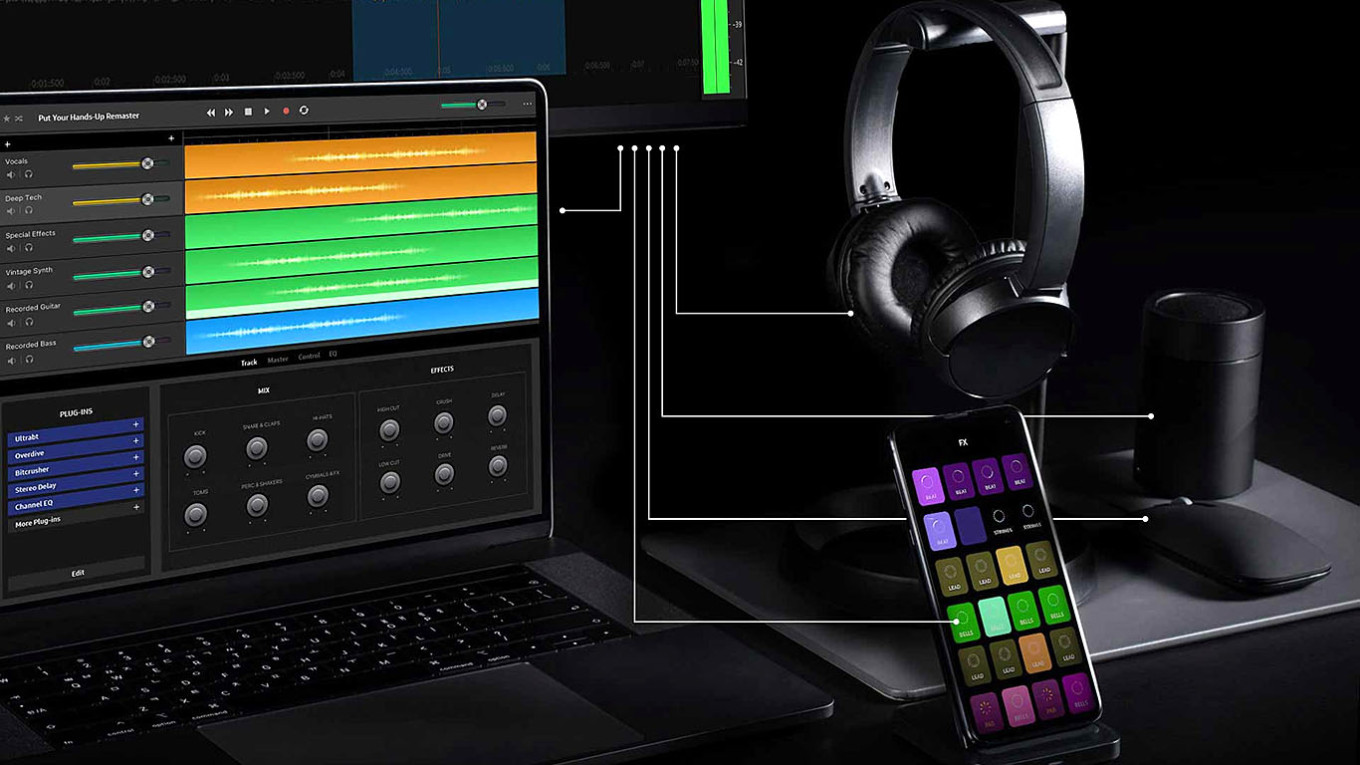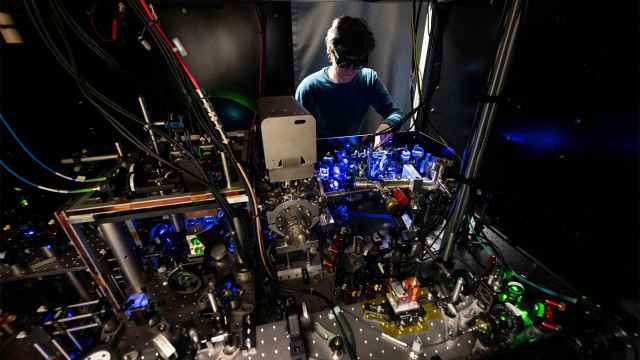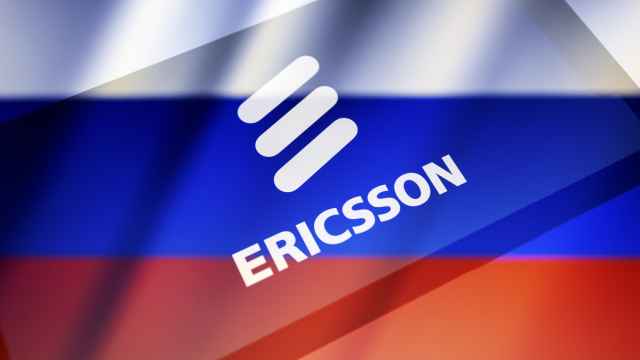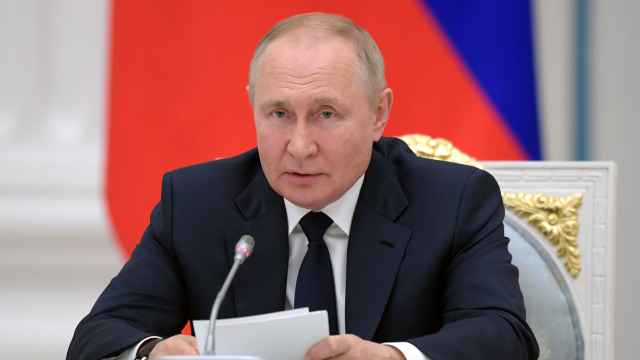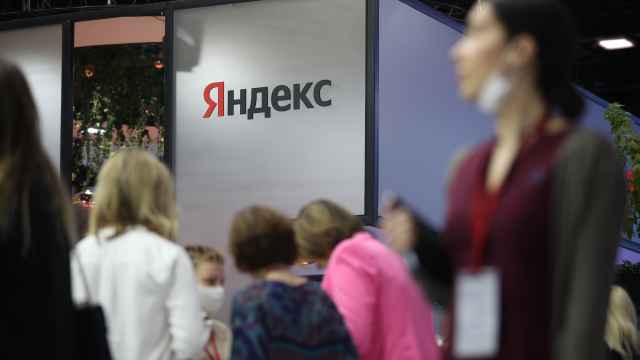Samsung Display quietly severed its sourcing ties with Russian suppliers of gold, tungsten and tantalum in 2024, the Kommersant business daily reported Tuesday, citing newly released corporate disclosures.
The move by the South Korean brand, which produces screens for smartphones, televisions and laptops, reflects growing global caution among tech companies about the risk of secondary sanctions stemming from the ongoing war in Ukraine.
Among Samsung Display's former suppliers were some of Russia’s largest metal processors, including the Novosibirsk Refinery, UralElectroMed, Krastsvetmet and the Prioksky Non-Ferrous Metals Plant. Those firms provided the company with gold used in microchip bonding wires.
Tantalum and tungsten — crucial for chip barriers and internal wiring — were supplied by the Solikamsk Magnesium Plant, Hydrometallurg and others.
The metals are essential to modern electronics manufacturing. Tantalum acts as a barrier between silicon and copper in semiconductors, tungsten is used in high-density interconnects and gold plays a key role in chip packaging.
Samsung Display, a subsidiary of the Samsung conglomerate, manufactures high-end screens used in its own devices as well as in products from other major electronics companies, including Apple.
Apple, which was among the first tech giants to stop buying Russian raw materials after the invasion of Ukraine in 2022, now relies heavily on Samsung and LG for the advanced OLED displays used in its iPhones.
In May, both South Korean firms began mass production of displays for the iPhone 16 Pro, according to MacRumors, a U.S.-based tech news outlet.
Industry analysts say Samsung Display's decision to end its Russian sourcing likely stems from concerns about secondary sanctions that could target firms working with Russian companies, even indirectly.
While some industry experts believe the company may still be acquiring Russian metals via intermediaries, others say the exit appears complete.
“This could be both a logistical challenge and a strategic advantage,” Oleg Izumrudov, the director of a consortium of Russian data storage system developers, told Kommersant. “If the company reroutes through longer global supply chains, it could drive up the cost of devices by 2-5%. But if components are sourced directly from manufacturers based in China, costs could actually decrease by the same margin.”
An anonymous source within the electronics manufacturing industry cast doubt on the intermediary theory.
“For Russia,” the industry source told Kommersant, “this suggests that South Korean firms are not planning to return to the Russian market in the foreseeable future. They are interested in selling finished products, but not in maintaining close industrial cooperation.”
A Message from The Moscow Times:
Dear readers,
We are facing unprecedented challenges. Russia's Prosecutor General's Office has designated The Moscow Times as an "undesirable" organization, criminalizing our work and putting our staff at risk of prosecution. This follows our earlier unjust labeling as a "foreign agent."
These actions are direct attempts to silence independent journalism in Russia. The authorities claim our work "discredits the decisions of the Russian leadership." We see things differently: we strive to provide accurate, unbiased reporting on Russia.
We, the journalists of The Moscow Times, refuse to be silenced. But to continue our work, we need your help.
Your support, no matter how small, makes a world of difference. If you can, please support us monthly starting from just $2. It's quick to set up, and every contribution makes a significant impact.
By supporting The Moscow Times, you're defending open, independent journalism in the face of repression. Thank you for standing with us.
Remind me later.


